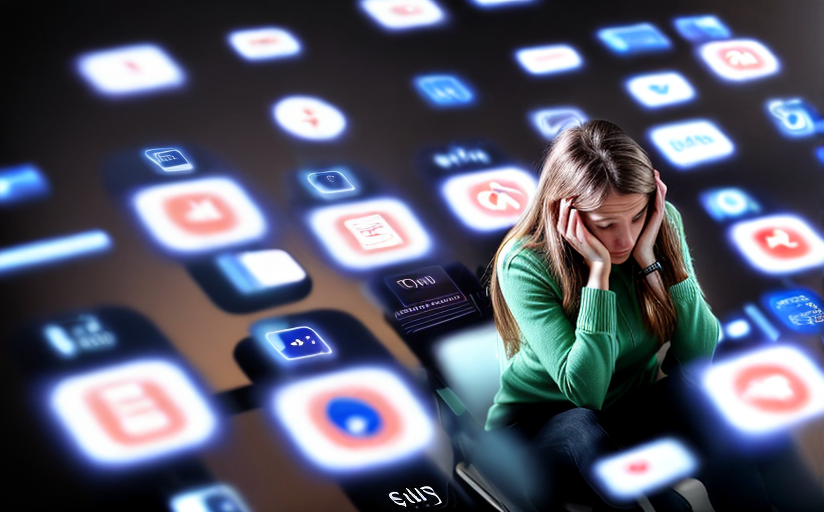Effects of Digital Devices on Mental Health
In this modern era of technological advancement, digital devices have become an integral part of our daily lives. However, with their many benefits come certain potential challenges, particularly concerning mental health. This article aims to explore the positive and negative impacts of digital devices, backed by credible research and studies.
Impact of Digital Devices on Mental Health
Negative Effects
Among the adverse effects of digital device use are declines in self-esteem, sleep disturbances, and heightened stress or anxiety levels. These can stem from various factors, like the overuse of social media or lack of in-person social interaction.
Social Media and Self-Esteem
According to a research study by Pantic (2014), excessive use of social media can lead to decreased self-esteem. Users may develop feelings of inferiority by comparing themselves with others, particularly as people often present idealized versions of their lives online.
Screen Time and Sleep Patterns
Screen time, particularly before bedtime, has been associated with sleep disturbances. A study by Hale and Guan (2015) revealed that exposure to the light emitted by digital devices can interfere with melatonin production, disrupting sleep patterns and impacting overall sleep quality.
Stress and Anxiety
Digital devices can contribute to heightened levels of stress and anxiety. There can be a constant pressure to be available online, respond to messages immediately, and keep up with the flood of information, which may lead to digital burnout.
Positive Effects
Despite the potential challenges, digital devices also offer many positive psychological benefits. These include improved communication and the possibility to seek support and form connections online.
Support and Connection
For individuals struggling with mental health issues, online platforms can provide a source of support and community. A study by Naslund et al. (2016) highlighted the importance of online peer support in providing help to those experiencing mental health challenges, contributing to reduced feelings of isolation and stigma.
Maintaining a Healthy Balance
It is crucial to find a healthy balance in the use of digital technology. Here are some practical tips:
- Set boundaries for your digital device use, such as a ‘digital detox’ period every day.
- Leverage digital device features for wellbeing, like blue light filters and mindful technology use reminders.
- Consider engaging in digital literacy education to foster a healthier relationship with technology.
Through a balanced and intentional approach to device use, we can better harness the benefits of digital technology while mitigating the potential negative impacts on mental health.



















Comments
Leave a Comment